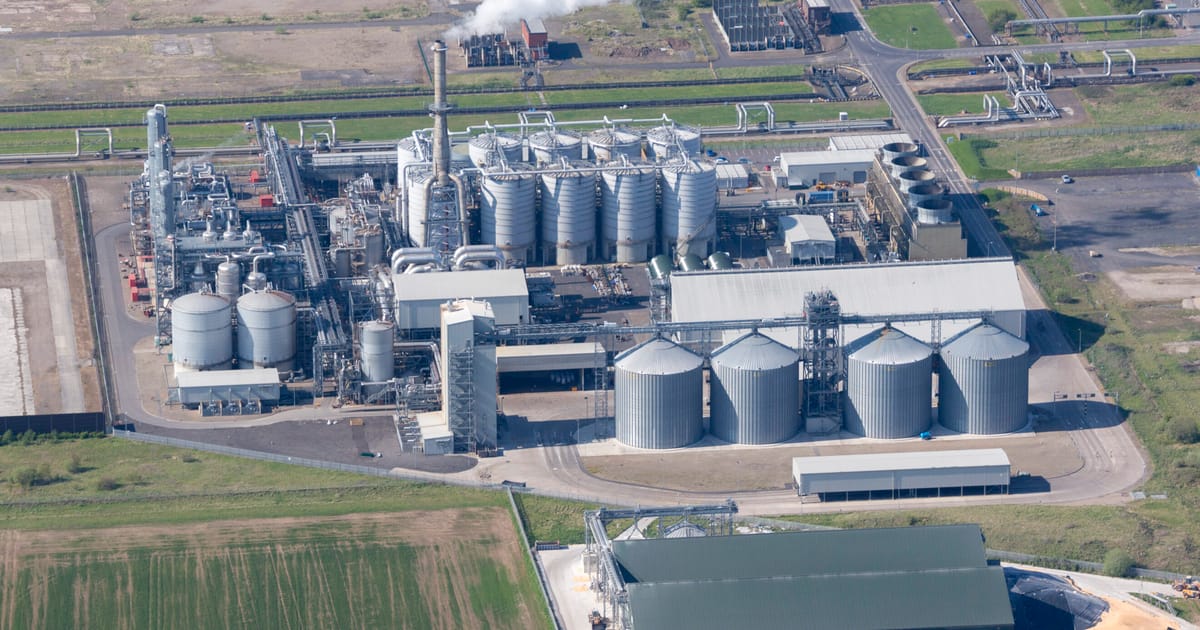

This past week has witnessed a variety of developments on the global stage, ranging from economic adjustments and policy shifts to societal changes and international diplomacy. Each story unfolds an aspect of the complex tapestry that shapes our world’s current narrative.
In the United Kingdom, Vivergo Fuels, a bioethanol company, has vocalized concerns over potential job losses tied to recent trade decisions. The company remarked that the withdrawal of protective tariffs, in the wake of a trade agreement, has placed its operations at significant risk, threatening closure and the stability of the jobs it supports. The firm is seeking intervention from the UK government to mitigate the potential fallout, emphasizing the role of protective measures in maintaining economic stability and job preservation within the energy sector.
Across the English Channel, the ongoing challenge of managing migration flows continues to pose significant tests for the UK and France. A recently leaked document has cast doubt on the effectiveness of a joint UK-French policy aimed at intercepting migrant boats in the Channel. Despite aggressive measures, including attempts to disable vessels, the number of people successfully making the crossing has reportedly increased by about 50% compared to the previous year. This surge underscores the complexity of addressing humanitarian needs while enforcing border policies.
In France, the agricultural sector is facing a transformative period under scrutiny with the introduction of provisions such as the Loi Duplomb. This law allows the temporary reintroduction of particular pesticides, a decision entangled in controversy and environmental debate. Experts opine that systemic vulnerabilities within French agriculture won’t be resolved merely by reintroducing certain chemicals. The dialogue surrounding this subject highlights the balancing act between agricultural productivity and environmental responsibility.
The French economic landscape is also experiencing shifts as the government reveals aspects of the 2026 budget. Among notable measures is the significant contribution expected from the country’s retirees—through non-revaluation of pensions and adjustments in tax regulations. Economist Pierre Madec provides an analysis of the socioeconomic implications of these budgetary changes, which highlight tensions between economic demands and social welfare considerations.
On a different note, educational policies in Portugal are undergoing a meaningful revision. Adjustments to the national curriculum include a pronounced focus on financial literacy at the expense of previous emphases on sexuality and orientation education. This shift in educational priorities is framed within broader dialogues on human rights and the evolving needs of contemporary educational frameworks, pointing towards an emphasis on equipping younger generations with practical financial skills for their futures.
These stories are a testament to the range of challenges and decisions facing nations today, each reflecting broader themes of balance between economic needs, social responsibilities, environmental stewardship, and the pursuit of progress amid global interconnectedness. As these narratives unfold, they provide insight into the mechanisms of governance, the critical considerations of policymakers, and the voices of industries, communities, and environmental stewards shaping our world.
Source: {link}
